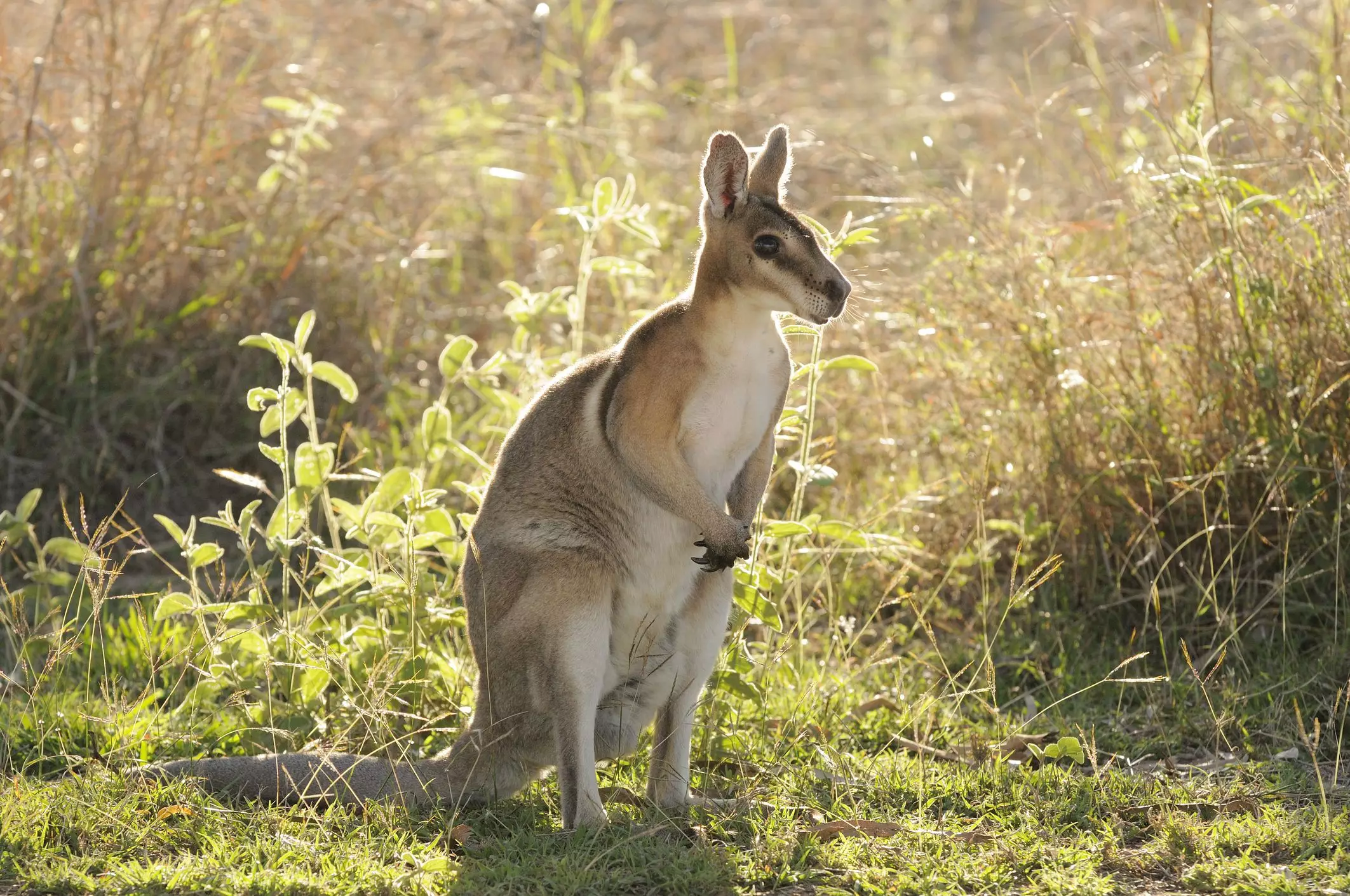Wallabies, often characterized by their enchanting appearance and personality, are part of the macropod family that also includes kangaroos and wallaroos. Though many individuals are captivated by the idea of having such unique creatures as pets, a detailed understanding of the implications, regulations, and responsibilities surrounding wallaby ownership reveals that these animals are more suited to life in the wild or in specialized zoological facilities. This article delves into an analysis of the practical realities and ethical considerations of keeping wallabies as pets.
One of the primary misconceptions about wallabies is the belief that they can easily assimilate into domestic life. Unlike traditional pets such as dogs and cats, wallabies are not amenable to domestication nor can they be easily house-trained. Their innate behaviors, which include erratic jumping and a natural tendency to mark territory, often conflict with household norms. Therefore, the presence of wallabies in a domestic setting can lead to a host of problems, both for the animal and the owner. A loose wallaby can inadvertently cause damage to the home and endanger itself amidst an array of household hazards.
Regulations concerning pet wallabies vary widely across different states and localities. While Colorado may permit wallaby ownership under specific circumstances, many places outright ban the practice. Such laws are enacted not only to protect the wallabies from potential harm due to improper care but also to safeguard local ecosystems. Owning an illegal pet can come with severe penalties, further complicating an already risky endeavor. Prospective owners should thoroughly research local laws before considering wallaby adoption and always pursue ethical acquisition routes.
For those undeterred by legal barriers, the practical realities of wallaby care present additional challenges. Wallabies require a vast amount of space—ideally, enclosures that are both spacious and secure, allowing room for the animal to exercise and engage in natural behaviors. The minimum recommended size for a wallaby’s outdoor living space should be at least four times the animal’s length in height and width and eight times its length in length. This dimension increases with the addition of multiple wallabies. Unfortunately, this requirement often exceeds what is feasible for average pet owners.
Moreover, wallabies are herbivores that primarily feed on grass. Ensuring a diet that mimics their natural grazing habits is essential for their health. This involves providing fresh, untreated grass and supplementing it with specialized wallaby pellets—both of which can be a costly and resource-intensive endeavor. Without adequate care, wallabies face a myriad of health risks, including nutritional deficiencies and parasitic infections.
Wallabies are social creatures, often thriving in groups. Isolating a wallaby can lead to stress and behavioral issues, as many of them may display anxiety or shyness if kept alone. Owners may overlook the emotional and social needs that these animals require, assuming that their charm will compensate for a lack of companionship. Furthermore, the uncharacteristic behaviors of wallabies, such as regurgitating and re-eating their food and self-grooming through licking, can bewilder unprepared owners and require a high level of accommodation.
Wallaby health is another critical aspect that potential owners need to consider seriously. Regular veterinary check-ups from an exotic animal specialist are imperative to ensure a wallaby’s well-being. Fecal examinations and vaccinations are necessary to detect or prevent common ailments that can affect these animals in captivity. However, access to specialized veterinary care can be limited and expensive, making it a daunting commitment for many.
Despite the allure of keeping a wallaby, ethical questions loom regarding their status as pets. The idea behind ownership should be built upon a strong foundation of respect for the animal’s natural instincts and habitat. Rather than attempting to house these exceptional creatures, it may be more responsible—and ultimately more fulfilling—to appreciate them in their natural environment or through reputable zoos where they can be cared for with proper resources and understanding.
While wallabies may indeed be cute and captivating, they pose a significant challenge for potential owners. Legalities, habitat requirements, social dynamics, and health maintenance all shape the reality of wallaby ownership. Ultimately, these exotic marsupials thrive best within their natural surroundings, where they can express their inherent behaviors and lead fulfilling lives. Instead of pursuing pet wallabies, consider supporting wildlife conservation efforts that aim to preserve their habitats and promote the health of wild populations.

